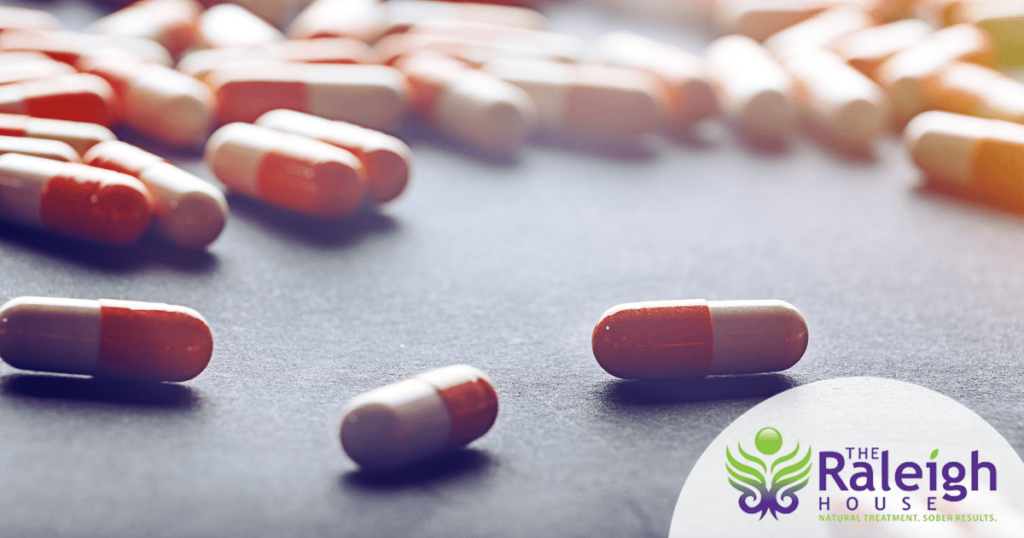
The opioid epidemic has been called the worst drug crisis in American history. About 115 people die each day after overdosing on opioids. The economic burden of prescription painkiller abuse alone has been estimated at $78.5 billion a year.
But the statistics don’t tell the whole story, especially for Millennials.
Even if they have not abused opioids themselves, this generation has grown up surrounded by addiction. During some of their most formative years, they witnessed the damage addiction can do to an individual, their family, and society as a whole.
Here are two more statistics on the Opioid Epidemic in America: 42 percent of millennials personally know someone who has dealt with addiction, according to a poll by NBC News/GenForward. That number is even higher among white millennials, with a full 57 percent of white female millennials personally knowing someone with an opioid addiction.
The poll doesn’t say what effect that all has on millennials, but anyone who has seen a loved one succumb to addiction knows how life-changing it is. At a time when millennials should be building their lives and their families, there is the pain, worry, fears, and even financial stress.
The good news is that there is also hope.
Addiction is a disease that claims hundreds of lives each day, but there is a way to help.
Opioid Dependence and The Raleigh House
At The Raleigh House, we don’t just get the heroin or painkillers out of your system. It’s not much use being sober if you’re miserable.
Our true mission is to help our residents recover psychologically, mentally, emotionally, spiritually, and socially so that they can lead fulfilling, engaging lives. The goal is to help you live a clean, happy life again.
If you’d like to learn more, fill out our form or contact us today. We’re proud of our treatment programs for opioid and heroin addiction and would love the opportunity to tell you more about them.
FAQs About Opioid Addiction
What are the 3 Opioid Addiction Stats?
What are the Dangers of Combining Opioids & Sedatives?
What is the Cost of the Opioid Epidemic?
What are the Impacts of COVID-19 on the Opioid Epidemic?
What Is the Difference Between Opioids and Opiates?
What are the Pros and Cons of Using Marijuana to Quit Opioid Drugs?
Can Medical Marijuana be Used as an Alternative to Opioids?
Why Construction Workers are at Higher Risk of Opioid Addiction?
How Opioids Depress Productivity & Our Workforce?
What’s New in the Opioid Epidemic?
How the Opioid Epidemic is Affecting Millennials?
How Opioids Can Affect Your Gut Health?
What are The Risks of Opioid Use and HIV?
What are the Signs and Symptoms of Opioid Withdrawal?
How to Help Babies of Recovering Addicts?
What Emerging Meth Crisis Has to Do with Opioid Users?
What is the Role of Family in Recovering from Opioid Addiction?
What are the Opioid Prescription Statistics?
What is the Pandemic on Opioid Addiction?
Can Medical Marijuana Reduce Opioid Use?
What are the statistics on the Current Opioid Epidemic?
How Opioid Use Increases HIV Risk

